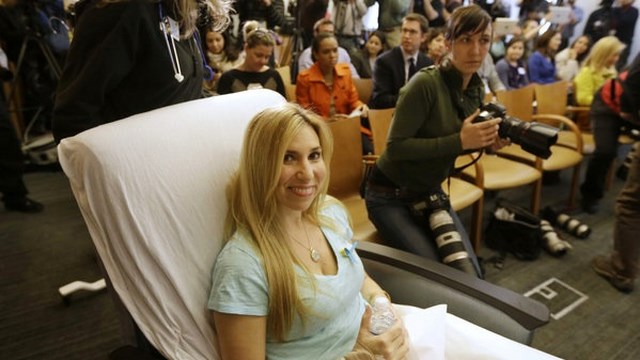 They come poring in to my email these days — LinkedIn endorsements. And I still can’t figure out why this is happening.
They come poring in to my email these days — LinkedIn endorsements. And I still can’t figure out why this is happening.
When I joined LinkedIn a couple years back it was to see what this other social network was and post my bio in case anyone using the service wanted to find me. I assumed it was a pretty pointless exercise since I already have a pretty good web footprint, but hey, you never know if someone is going to invent a better toaster. Twitter, after all, supplanted my RSS feed.
In doing so, I also accepted connections from other lawyers since this was just a simple click and it cost me almost no time. As long as I didn’t smell a marketeer that was going to follow-up with email solicitations, it didn’t seem to matter much to me.
But LinkedIn wasn’t, as far as I could tell, a better toaster, and it just seemed to be yet another gathering point for people to connect with others, and yet another way to spend time that could be better spent with doing actual work, or time with family.
My wife, a recruiter for dot com companies, loves the site as it enables her to look for people with certain attributes to fill positions. For job hunters, it can be valuable. But for a practicing lawyer to be spending time there?
Every so often I noodled around with it, and joined a legal blogging group that I diligently checked once or twice a year. That was about it.
And then started the flood of people endorsing me. Friends, adversaries and strangers. A first I was flattered. I’m easy that way.
But I was endorsed for legal practice areas sometimes, in areas where I don’t even practice.
I endorsed a few people back if I knew them and was familiar with their skills, but the problem is that the endorsements came in like a flood, sometimes multiple ones from the same person, but with new practice areas noted. And each time I tried to endorse someone back, in took me several minutes just to do it right, me not being the type to willy-nilly endorse people.
My brain finally started to fire properly and I belatedly realized that this endorsement racket is, for most, a massive self-congratulatory pat on the back to each other that doesn’t amount to a hill of beans. Sort of like a contest to see who can collect the most Twitter followers.
I’ve stopped, at least for now, because I can’t answer the one big question: What the hell is the point? It isn’t as if a potential personal injury client is going to go to LinkedIn to find an attorney. And even if they were already deeply involved with LinkedIn, and used the service on some regular basis, it isn’t as if such a person would be duped by the endorsement scam.
Would some other attorney find me and refer a case? Maybe. But they are also unlikely to be duped by the endorsement scam. They would see my bio, and they would ask around.
So I’ve stopped what I see as a pointless charade.
If folks want to use LinkedIn in order to find people connected in their particular industry, as my wife does, I get it. If I were looking for new employment, I would most definitely have my bio on that site.
But running around “endorsing” people doesn’t seem like time well spent.




